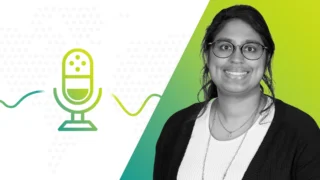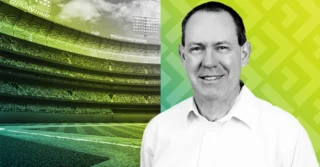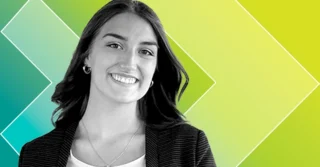
November 2020 saw the creation of Actuaires du Monde (AdM, or Actuaries of the World), a non-profit organization dedicated to assisting developing countries around the world that are in need of actuarial and risk management expertise. Our Seeing Beyond Risk team caught up with AdM leaders to learn more about their activities.
There are numerous countries where local actuarial knowledge is lacking. In these situations, governments and NGOs know they have a problem that needs to be solved, but do not yet have the knowledge or resources to engage with a consultant. This is where AdM provides their help. According to Renata De Leers, a Belgian actuary based in Togo who serves as CEO of AdM, “We build the foundations so that later on, after we have finished our work, there are opportunities for consultants to work with them. We pave the way for the actuarial profession to grow.”
Through the efforts of its volunteers, AdM is helping provide the basic actuarial advice and training that a developing or an emerging country needs in order to get started. Often, this can be a long process. De Leers says, “It takes a lot of energy and effort, because our requesters usually don’t know what they want. Sometimes it takes two or three years.” However, once a specific project gets underway, it tends to run smoothly, provided there are no disruptions such as a change in government due to a coup, which is an unfortunate reality in some countries. AdM, however, does not provide free consulting that would otherwise be delivered by a commercial enterprise. Their role is primarily to get the requester to the point where they can then engage with an actuarial consultant.
“We build the foundations so that later on, after we have finished our work, there are opportunities for consultants to work with them. We pave the way for the actuarial profession to grow.”
Renata De Leers, CEO of AdM
As with many organizations, networking is the primary way AdM sources its projects. They rely heavily on the personal contacts made by their volunteers, and several members of the AdM Board of Directors hail from countries where there is a need for their services. Funding for their work comes from a number of sources – members are required to pay a nominal annual fee (100 euros for qualified actuaries, with reduced rates for associates, students, and members from low-income countries). As well, donations are sought, with 85% of the funds received going directly to project work, and they have a number of crowdfunded initiatives. For volunteers that travel to a country, local expenses (such as meals and accommodation) are typically covered by the hosting organization, with travel expenses covered from donations and/or the volunteers themselves. Videoconferencing technology – which has become omnipresent this past year – has allowed the AdM’s mentorship program to flourish, as volunteers from North America and Europe can connect with mentees located almost anywhere in the world.
In terms of who can volunteer for AdM, there are very few limitations. “Everybody is accepted. Everybody is good for us,” says Jean Berthon, former International Actuarial Association President who serves as Chair of the AdM Executive Committee. “We want somebody willing to work for the benefit of middle and low-income countries, and bring the best of what they have learned and what they can do, in order to develop projects, missions, and education.”
Consequently, the social mission of the organization is vitally important. As an example, AdM launched a campaign to raise funds for a financial inclusion project in Togo. According to UNICEF, 500 million people in Africa cannot prove their identity, a number which includes 94 million children (referred to as “ghost children”). These individuals need to be “declared” in order to receive access to schools, social programs, and other services. Even though the cost of this process is usually very low, the amount is too expensive for most families. In Aného, Togo, the municipal government has a goal to provide an identity to 2,941 children, and AdM’s campaign aims to help fund this objective.
Canadian actuaries have been contributors to the efforts of AdM and are in a unique position to help since there is a strong need for French-speaking resources. AdM also hopes to expand their offerings in countries where Spanish and Portuguese are the primary spoken languages. See their website or brochure for more details.





